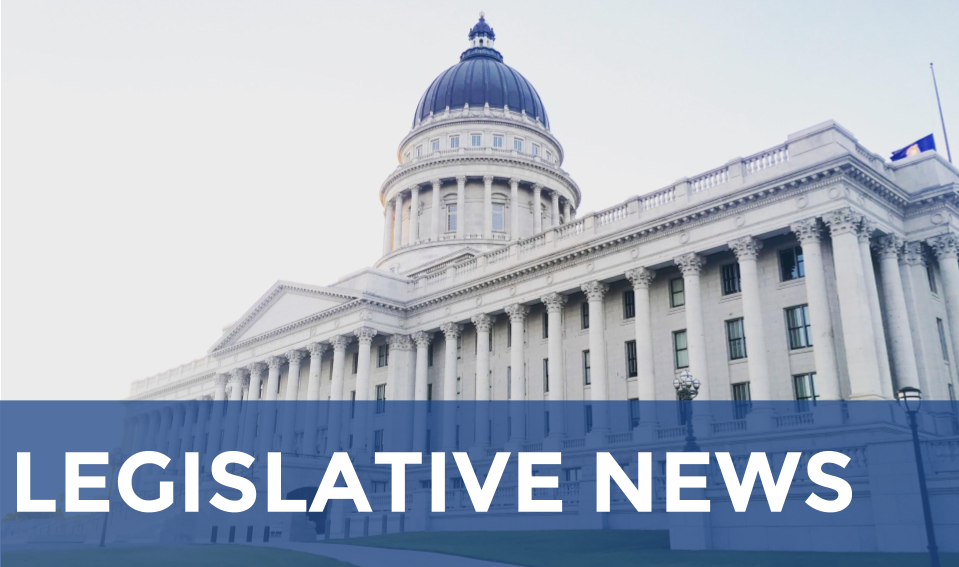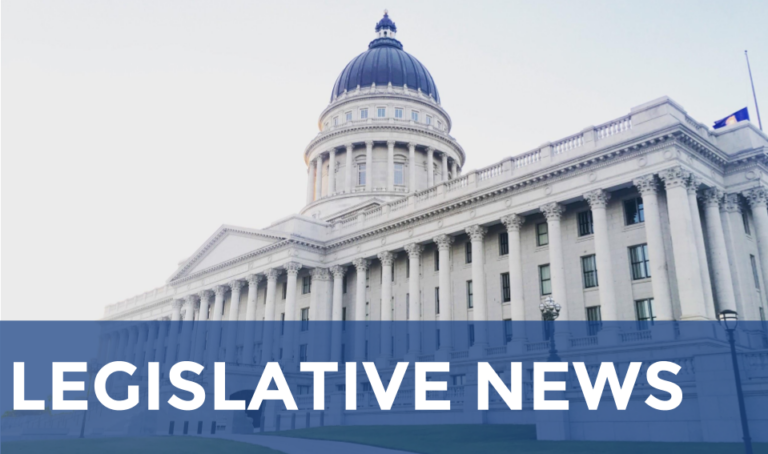The enactment of Oregon SB 968, effective January 1, 2026, offers guidance to employers regarding the collection of overpayments made to employees. Current law states that employers may not divert, withhold, or deduct any portion of an employee’s wages unless:
- The employer must do so (by law)
- Deductions are voluntarily authorized in writing by the employee
- Deductions are made upon termination and are authorized by a written agreement for the repayment of a loan
- Deductions are for the benefit of the employee and recorded
- Deductions are authorized under ORS 18.736
- Deductions are authorized by a collective bargaining agreement
The updated legislation allows employers to make deductions from employee wages (who are not covered by a collective bargaining agreement) to recover erroneous overpayments when the following conditions are met:
- The overpayment occurred within the 90 days preceding it being deducted
- The employee receives the information about the overpayment and has at least 14 days to acknowledge it in writing.
- The employee receives a written statement with overpayment details and the deduction plan and acknowledges the receipt in writing
This article is informational and does not constitute legal or financial advice. Consult with an employment lawyer or accountant for additional clarification on how these changes impact your company.







